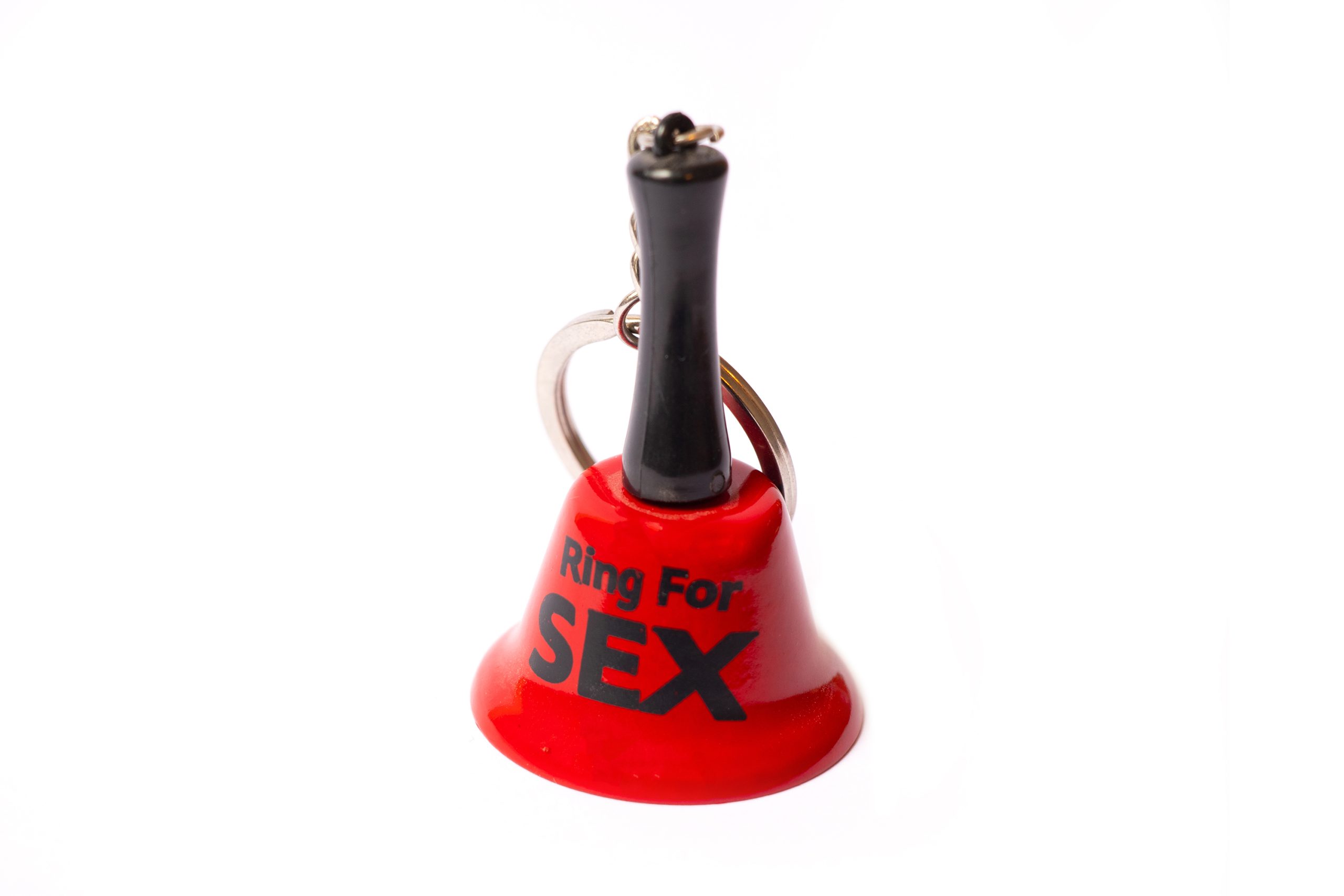CONSENTING
TO PLAY

NAVIGATE THE WORLD OF WIRED CONSENT
Dive into the world of consent, wired play, and role-plays as we unveil the dynamics and importance of each component. Consent is the foundation of sex and understanding how it works in wired spaces ensures all parties are comfortable and enthusiastic participants.
CONSENT

Picture this: consent is like the ultimate key to unlocking fulfilling and positive moments in the bedroom. It’s the golden rule that ensures our boundaries, feelings, and choices are all treated with the utmost respect. But hold up – it’s not as simple as just blurting out a yes or no. Let’s break it down:
Understanding consent is essential to having healthy and pleasurable sexual experiences. Consent ensures that our boundaries, feelings and choices are respected. But consent is not as straightforward as just saying yes or no. Consent means we are knowingly and freely agreeing to take part in sex or other sexual activities.
Consent is an ongoing process that occurs between people who are freely giving agreement to engage in sexual activity together. It involves paying attention to what someone is saying, what they’re not saying, their body language, and their facial expressions.
It also involves ongoing and open communication. It is about continuous agreements to keep going. Consent has to happen at every step, so if you agree to engage in a particular sex act with someone, it doesn’t mean that you agree to anything else down the track. For example, if you give consent for someone to rim you, it doesn’t mean that they can then put their hand inside your butt – and this goes for you too!
INFORMED CONSENT
The thing about consent is that it must be informed.
Informed consent means we understand what we are giving our consent to and nothing is preventing us from agreeing to, saying no or changing our mind. We are not giving informed consent if someone makes us feel too scared to say no…this might be due to a fear that they will hurt us, a worry that they will share private information about us, or if they threaten us.
It’s important to know that if someone is experiencing the effects of alcohol and drugs where they cannot consciously and verbally consent to sex or other sexual activities, then they cannot give informed consent.
CONSENT AND WIRED PLAY

When we’re wired up, we can often get the sexy vibes and powerful urges to get our sex on. But don’t forget that if other people are wired, then it’s possible that they may not be able to give their informed consent. So being part of a fuck session doesn’t mean anything goes. Think about these:
- During those wired play moments where the vibes are high and substances are in the mix, that extra surge of energy and excitement isn’t a universal thing. What gets us revved up might not be the same for everyone else.
- Just because we’ve had an epic wired play session with someone before doesn’t mean we’re automatically good to go every time we cross paths, whether it’s at a beat, a sex club, or a sauna. And it definitely doesn’t guarantee a repeat performance.
- The effects of alcohol and drugs during sex are like a mystery box. Last time, our fuckbuddies might have been the life of the party, full of energy and going for hours. But the next time we see them, things could be totally different.
- We can never assume we’re mind readers when it comes to our playmates’ experiences with substances. It doesn’t matter how well we know them or how many times we’ve connected – each time is a fresh story. Always communicate and make sure everyone’s on the same page, no matter the history.
If you’re ever unsure of whether someone is giving consent, it generally means that you don’t confidently have it.
CHEKING IN
Checking in with our sex partners not only allows us to know how they feel and what they like, but it also means that it won’t come out of the blue if they want to stop or say no – and this goes for us too. Sometimes we all just need a break – and so do our body parts… am I right??
Asking questions during sex is the best way of checking in.
Does this feel good?
Want me to keep going?
Need me to slow down?
Want me to do this?
Would you like to do this?
How are you feeling?
Want to take a break?
Do you need anything? Think of more lube, a drink of water or to change position.
CONSENT AND ROLE PLAYS

Ever find yourself in a role-playing escapade where one’s the dominant top and the other’s embracing the submissive bottom role? Yeah, I’ve got my preference too! But here’s the twist – sometimes, that magic word ‘no’ might be thrown into the mix, spicing things up. Yet, what if it’s more than just a role-play cue and signals a genuine desire to hit the brakes?
Before diving headfirst into any role-playing scenario, it’s all about setting the ground rules. So, here’s the game plan:
- Sit down with your playmate and have a good ol’ heart-to-heart. Share what you’re game for and what’s a no-go, and encourage them to do the same. It’s all about aligning those desires and making sure everyone’s on the same wavelength.
- Keep the communication flowing during the role-play. Plan how you’ll give each other those discreet check-ins to ensure the fantasy’s still a hit for both parties.
- Pick a safe word that’s a total curveball. Something like “vegemite” or “lampshade” – words you wouldn’t normally throw into the mix. When that word’s dropped, it’s a universal signal for everyone to hit the pause button, no questions asked.
- Here’s the kicker – chat about how ‘no’ will play out in your sexy script. What’s it gonna mean in the context of your role-play?
It’s all about the nitty-gritty planning, setting those boundaries, and locking in those safe words that make role-playing not just tantalizing but also incredibly respectful.
CHANGING MY MIND
The other part of freely giving consent is knowing we can take it back at any time. If we change our mind or feel unsafe or uncomfortable doing something – for whatever reason – then we have the right for what’s happening to stop. We don’t have to give a reason or justify ourselves, or even know for certain why we want to stop.
DISCLAIMER:
The information given on this page is not medical advice and should not be relied upon in that way.